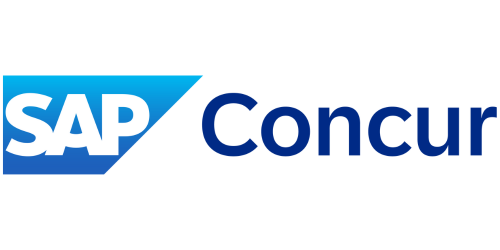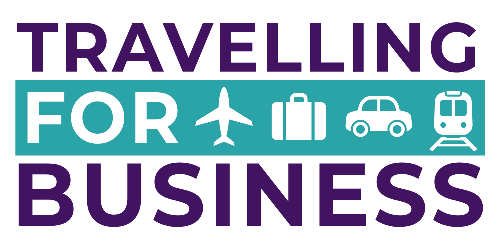Encouraging business travellers to choose sustainable options
)
Encouraging your organisation’s business travellers to choose more sustainable travel options can be challenging.
It’s a standpoint Reed & Mackay Global Sustainability Director Chris Truss recognises. “If a business has determined it needs its employees to travel to negotiate with clients, meet a prospect, sign a contract, attend an event, then the shape in which they arrive at their destination is important both personally and for their business performance. That’s why being able to select business class travel is part of their policies,” Truss says.
“However, everyone recognises choosing sustainable travel is one of the top ways to decarbonise their organisations’ emissions. Specifically, moving out of business class where possible. Also because it’s the right thing to do to address the climate crisis. Yet it should be about how we persuade people to do the right thing rather than force them.”
Reassuringly, many organisations appreciate that to decarbonise their businesses, change around business travel needs to happen. This is where a travel management company (TMC) can support with educating both corporate buyers and their travellers around where the travel industry – aviation, hospitality, ground transportation and event logistics – are also playing their part in the drive to net zero by 2050.
“In addition, there’s more we can do to accelerate decarbonisation and support and change as individuals and businesses,” Truss adds.
A collaborative approach to sustainable travel
At our recent &Beyond flagship conference, we invited Climate Psychology Specialist and Coach Linda Aspey to offer suggestions on how travel managers could help shift corporate traveller mindsets towards more sustainable options.
Aspey acknowledges this journey can be a challenge as, on a day-to-day basis, the climate crisis can feel abstract and the effects appear distant for those not yet directly impacted by it. She highlights that when trying to modify ways of thinking around the subject, mainstream, behaviourally focused psychology is useful but insufficient.
“We need to look into our emotions and the complex social and mental processes and systems contributing to the climate crisis. And look at how we’re responding,” Aspey says. “Whether individual or collective, these are often unconscious. This is climate psychology. It’s important to blend the two. This will help people to engage with and address climate with more care, urgency and impact.
“There’s a balance many struggle to find. How can we reconcile the conflict between our care for the world and the things we enjoy and need?” Aspey adds. “We need jobs, trade and income but know we need to make changes and collaborate. We want to “do something” but might feel ambivalent or confused. And that change feels pointless when one country or company is doing lots to address it and others aren’t.
“We want things to be quick and simple but there are no easy fixes. And while we see on the news what we’re up against, from biodiversity loss and deforestation to vast quantities of waste piling up, we don’t – and often can’t – think about these every day.”
So where to start?
Here, Aspey shares her suggestions on how to inspire and support travellers to choose more sustainable travel options.
6 ways to encourage engagement and behavioural change
- Develop a framework for change that helps you address the issues in a holistic way. Instead of starting with your goals, start with understanding the barriers to change. The cultural norms, values, feelings, hierarchies and many regional variances in a global business, plus external influences. Then you can address those more effectively.
- Encourage and facilitate climate conversations often and in many settings. Strike a balance between keeping people in touch with what’s happening and not bombarding them only with challenging news. Conversations help to build relationships across the business and give a stronger sense of a shared endeavour.
- Acknowledge everyone’s feelings as normal; these are seismic times, so find ways to listen without judgement. Change programmes need to bring people along. Give people the opportunity to talk about how they’re feeling about what’s happening to the world and what changes we need to make. How about introducing ‘climate cafés’, which can either be action-focused groups or more oriented towards listening and sharing?
- Incentives can help travellers choose the more sustainable option – link them with their personal and collective values. For example, some values are related to doing something good for others or the environment. Others are related to doing things that build up their resources or that make them happy. Ask different groups of people what they value and build rewards that drive those. And some prefer immediate rewards to longer term ones, so factor in quick wins as well as long-term incentives.
- To ensure messaging is effective, make it local and relevant to your different audiences. Why? Images of polar bears on melting ice caps don’t feel real to most people and can tap into our unconscious desire to make it distant. Repeat the message often and in different ways. Stories of relatable individuals are often more personal and resonant than stories about anonymous groups.
Plus, quirky messaging will stick more than the mundane, so think about interesting ways to present data, options, requests and gains made. If you’re using role models (it’s great if executives can lead the way) ensure they’re properly briefed and supported because messenger credibility is key for trust to be developed and for others to follow.
- Stress the benefits of taking action and the gains being made. Most people are motivated by progress and praise; for example, thanking them for taking the “green” travel option will help to encourage them to repeat it and gain a sense of having done something important.
And remember that behavioural and systemic change are collective efforts. Let people know that others are doing it too. Experiment, run new initiatives as trials and ask for feedback and keep good news coming about progress.
Did you know…?
Having in-depth, trustworthy visible data on how sustainable travel options can make the difference to decarbonisation is an essential part of driving behavioural change.
Reed & Mackay clients have access to the most current, credible, granular CO2 data and messaging, at the point of sale.
This enables travellers and bookers to take advantage of the opportunities available to reduce the carbon footprint of their travel and make more eco-friendly travel choices. And, this year, we will be finalising deployment of the final stages of our tech delivery for sustainability – travel policy engine and approval solution.
Get in touch
Mail hello@reedandmackay.com to discuss all your travel and event management needs.























